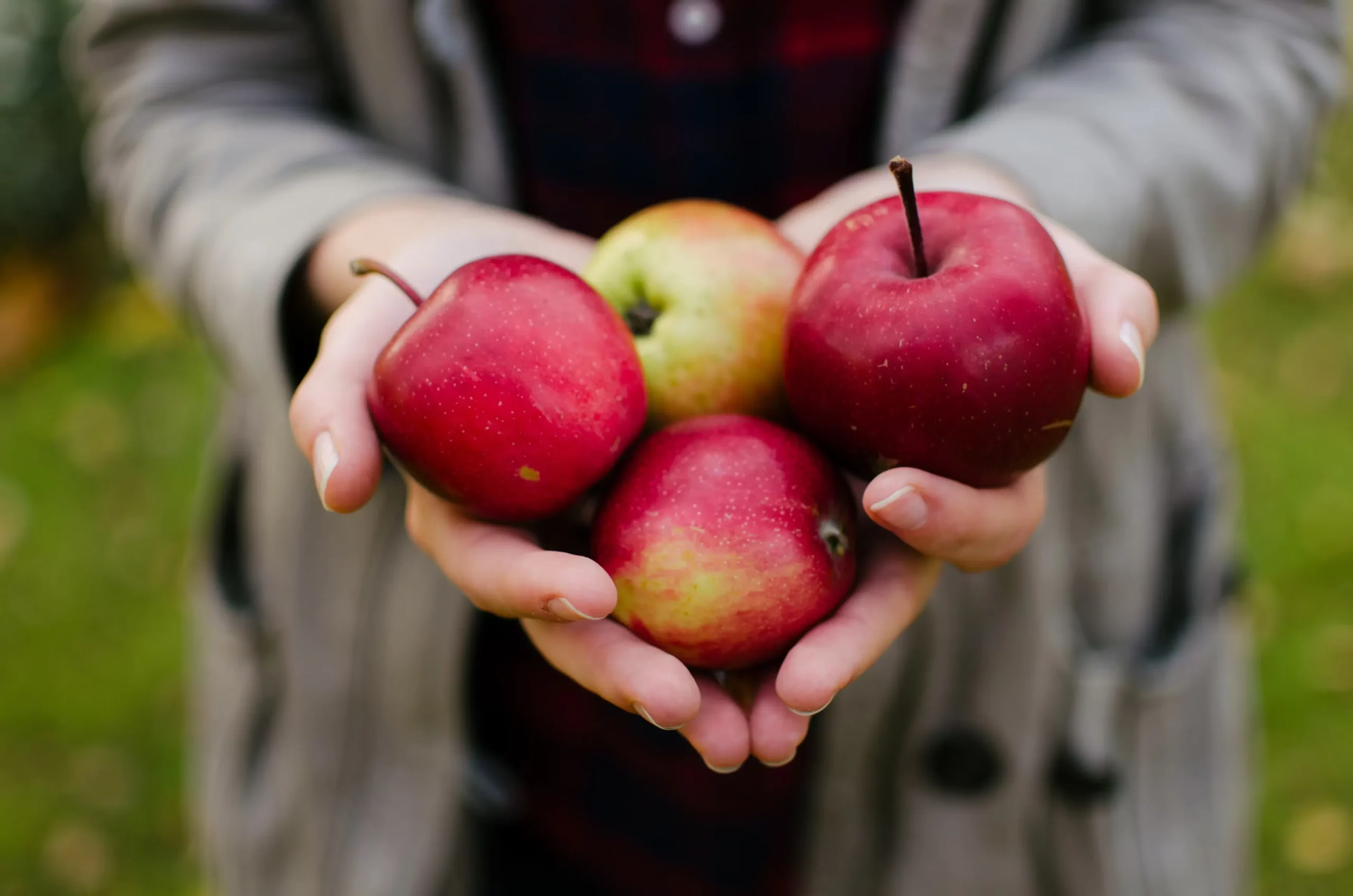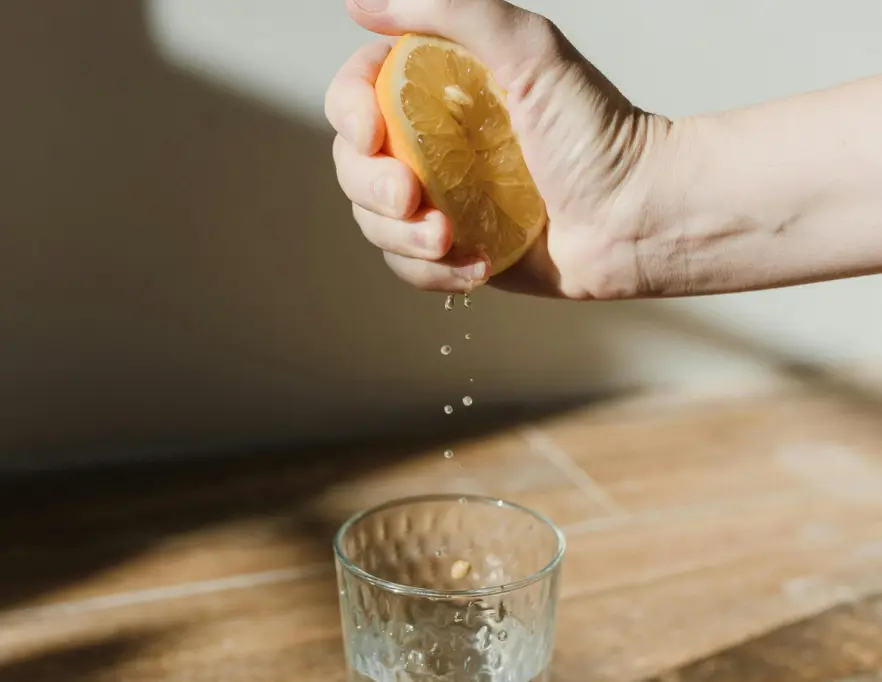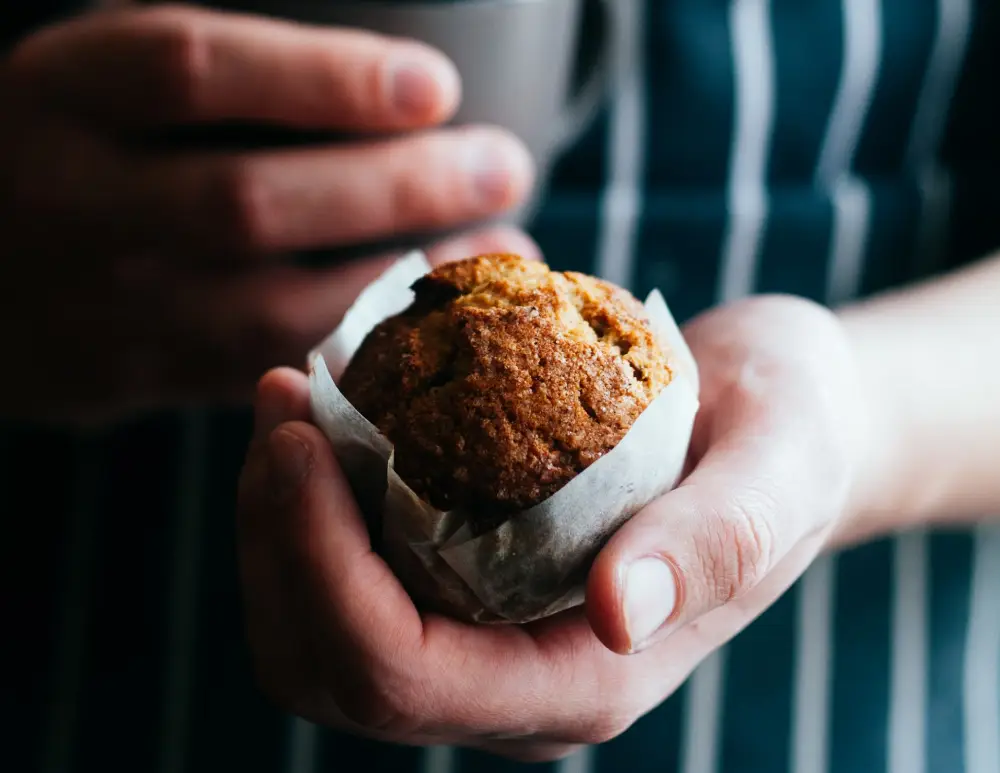Inflammation is a natural response indicating that the body is actively healing and defending itself against damaging factors such as injury or sickness. However, it’s crucial to prevent it from persisting and becoming chronic. Chronic inflammation can contribute to various serious health issues, including heart disease and diabetes. Stay with us to discover foods and simple lifestyle practices which can help your body to fight and reduce inflammation, and promote overall health.
What is inflammation?
Working as a complex biological reaction, inflammation is triggered by different internal and external factors. The body uses inflammation as a defense mechanism against the cause of the ailment, indicating that the body has started the healing process.
It typically manifests with symptoms such as pain, swelling, redness, and fever. Under normal circumstances, the body regulates the inflammatory response effectively – but an intense or chronic inflammation may actually contribute to illness.
Common factors that induce inflammation include pathogenic bacteria, viruses, heavy metals, infections, and damaged cells, as well as injuries, certain foods, plus contact with chemicals and other irritants. Inflammation often affects joints due to rheumatic diseases, frequently accompanied by pain, difficulty in movement, general discomfort, and loss of appetite.
Furthermore, certain foods can also contribute to inflammation, such as those that increase insulin levels, raise blood sugar levels, and expose us to toxins. Additionally, a lack of essential fatty acids and mental stress can also be a cause of inflammation.
Anthony William, known as the Medical Medium, also talks about inflammation caused by numerous “invaders”, including the Epstein-Barr virus, which can cause rashes, body aches, and pains. He uses the example of how recovery from surgery can be affected and prolonged by these pathogens. If the surgery doesn’t seem to be healing properly, it may be due to an invader causing issues. The Epstein-Barr virus is often linked to slow, extended recovery in surgeries such as knee and hip replacements.
While inflammation is beneficial as long as it serves the body’s defense system, long-lasting inflammation can damage tissues and must therefore be prevented, with the root causes treated.
Preventive measures, healthy practices, and regular medical consultations are essential to preventing long-lasting inflammation and to maintaining a healthy immune system.
Anti-Inflammatory Foods to add to your Diet
An anti-inflammatory diet focuses on foods that are rich in antioxidants and polyphenols. This list inspired by the Medical Medium contains foods known to have beneficial properties:
Garlic is a great anti-inflammatory ingredient that helps in preventing the spread of infections. You only need a small quantity to bring flavor to your dishes and benefits to your health. Use it fresh in sauces and avoid cooking it for too long if you want to preserve its benefits, as many of its components are volatile. If you find garlic cloves too intense in flavor, you can use young green garlic, or even wild garlic if you are fortunate enough to find some in spring.

Figs are a powerful anti-inflammatory and can eliminate intestinal infections. Dehydrated figs, which can be found in any supermarket, might contain added sugar and oil. If available, look for fresh figs – they are sweet and delicious!
Kiwis, especially those with green flesh, are rich in polyphenols, which help fight infections in the intestines and the whole body. Their sweet-sour taste makes them a refreshing snack or dessert, and they go well in both fruit and savory salads.
Citrus fruits, such as limes and lemons, have strong anti-pathogenic qualities. Lemon juice is a quintessential ingredient in countless recipes. But keep in mind that boiling destroys most vitamins, so it’s better to add freshly squeezed juice to cold or lukewarm dishes and drinks.
Pears are known for their effective anti-inflammatory properties. Just like kiwis, they can be consumed in both sweet and savory salads and dishes.
Papaya is an amazing tropical plant that is even recommended in fighting chronic inflammation. If you have gastrointestinal irritation, papaya can be a very effective addition to your meal. An article published on WebMD shows that papaya contains beneficial substances such as “papain and chymopapain. Both enzymes digest proteins, meaning they can help with digestion and reduce inflammation”.
Nettle leaves are known for their benefits for joint health and immunity. As you can only find them in spring, seize the moment and enjoy them while you can!
Healthy Fats: While many sources of healthy fats are not vegetarian, there are still plenty of plant-based sources that you can choose from. Avocados, nuts, olives and olive oil, coconut milk, and various seeds are essential for immunity and fighting inflammation.
Whole Grains: A study conducted by scientists for the National Center for Biotechnology Information shows that “Whole grain foods are rich in nutrients, dietary fiber, a range of antioxidants and phytochemicals, and may have potential to act in an anti-inflammatory manner, which could help impact chronic disease risk.” The main reason for this is that unrefined carbohydrates can help maintain steady blood sugar levels, leading to reduced inflammation.
Spices: Turmeric, ginger, and garlic not only add flavor to your meals but also contain compounds that may help reduce inflammation. If you want to benefit from the anti-inflammatory properties of spices, such as turmeric, without having to consume high quantities, we recommend you try the potent and pure Turmeric Caps from Nature’s Answer.

Foods to Avoid
So far, we’ve mentioned some of the most important foods that help you to reduce inflammation, but it’s equally important to avoid foods that can make it worse. These are the foods that have a bad impact on health and increase inflammation:
Fried meals and junk food contain saturated fats and additives that can cause inflammation.
Processed foods and refined carbohydrates can also cause inflammation to flare up more quickly.
Sugary foods: Even if you’re not a dessert fan, you’re still not safe! Sugar can be hidden even in savory foods like bread, sauces, and dairy products. Sugar-filled foods and other refined carbohydrates have a high glycemic index. These meals raise blood sugar levels quickly, which can lead to inflammation. Considering that chronic inflammation has been linked to major health problems such as diabetes, obesity, heart disease, and more, it’s important to read the labels carefully.
Lifestyle Practices for Reducing Inflammation

Regular Exercise: Physical activity is crucial for maintaining a healthy weight and reducing inflammation. The good news is that you don’t have to be a top performer in sports – even moderate exercise can have anti-inflammatory effects. Are you outdoorsy, tech-savvy, a water-lover, or would you rather do indoor activities? We have suggestions for fun, engaging activities for every type of person:
* Yoga not only helps with flexibility and posture, it also lessens the signs and symptoms of inflammatory disorders. Roll out your mat and try some relaxing positions.
* Swimming and water aerobics: Getting some exercise in a swimming pool is a fun way to work out with low impact on the joints. Water sports can actually relieve joint and tissue inflammation.
* Dance is a great option for physical and mental healing as well as general well-being. Move to the beat to reduce stress levels and increase the anti-inflammatory response, whether you choose ballet, salsa, or hip-hop.
* If the weather prevents you from doing sports outside, and if you’re passionate about the latest tech innovations, why not try virtual reality versions of tennis, ping pong, dancing, boxing, and even frisbee? It helps lessen inflammatory signs in your body and is still enjoyable, even though it’s not as intense as playing in person.
Adequate Sleep: Inflammation can also be triggered by insufficient sleep. Adults should try to sleep for seven to nine hours per night.
Stress management: Inflammation can be brought on by prolonged stress. Stress management techniques which can help include yoga, meditation, and mindfulness.
Hydration: Toxins that might exacerbate inflammation can be eliminated by consuming lots of water, tea, fresh juices, and soups.
Steer clear of alcohol and smoking. Both are known to cause inflammation, and drinking too much alcohol can worsen the condition.
Remember that balance and consistency are crucial in any steps you take for better health. Pay attention to your body’s response as you implement adjustments, and seek advice from medical professionals to customize these guidelines to meet your specific needs.





